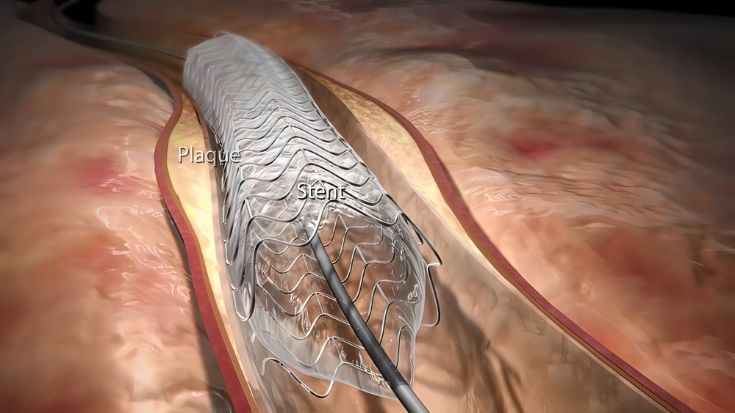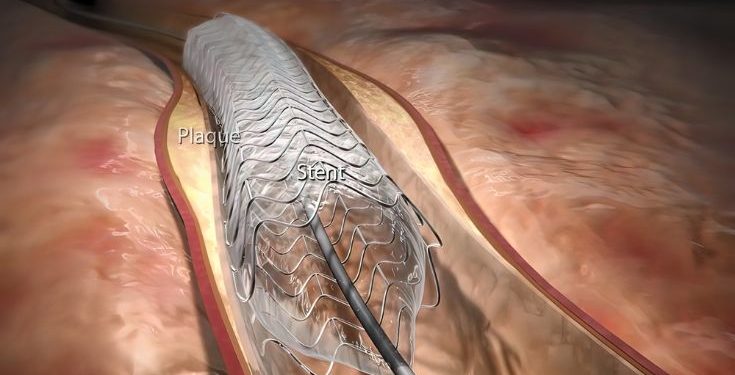Symptoms of aortic regurgitation include shortness of breath, chest pain, fatigue, and fainting. The condition can be caused by aortic valve deformity, heart degeneration, or other conditions. It can occur in both adults and children. It’s important to get diagnosed early, so you can get treatment to prevent permanent damage to your heart.
Your doctor may recommend medications to lower your blood pressure, to treat irregular heartbeats, or to treat infection of a damaged valve. If your valve is severely damaged, surgery is often the best option. Aortic valve surgery can help to relieve your symptoms and may even stop your heart from failing. Aortic regurgitation is a type of heart disease that needs to be monitored regularly by a healthcare provider.
You may not have any symptoms of aortic regurgitation until the condition has worsened. This is why it’s important to see your doctor as soon as you notice any changes in your symptoms. You should also schedule an echocardiogram to see if the valve is working properly. An echocardiogram is a test that uses sound waves to produce a video of your heart. It’s a gold standard for diagnosing aortic regurgitation. The test will give your healthcare provider information about the size of your heart, how it beats, and how well your heart pumps.

When your heart is working properly, it can pump large amounts of blood. It has four valves that help it do this. When these valves fail to close tightly, the heart can’t force enough blood out. The problem occurs when the flaps on the aortic valve don’t close completely. When this happens, blood leaks backward into the left ventricle. Aortic valve regurgitation can be severe, but can also occur in milder forms. It can occur due to arthritis, or in patients with other diseases.
Aortic regurgitation can be a scary diagnosis. Depending on the severity of your condition, you might have to have surgery to replace your aortic valve. However, many people with the condition live a healthy, normal life with proper treatment. Aortic regurgitation is primarily found in men between the ages of 30 and 60. It’s rare in infants, and in the majority of cases, it doesn’t cause any signs or symptoms.
Aortic regurgitation can happen because of a number of factors, including arthritis, high blood pressure, and other health problems. It can also occur as a result of rheumatic fever. This was once a common childhood illness in the United States. If you or a loved one has rheumatic fever, you’re at higher risk for aortic regurgitation. Luckily, medicine and advances in technology have led to improved treatments for this condition.
If your symptoms are mild, you can usually treat the problem by talking with your doctor. Some of the medications that can be prescribed include antihypertensive medications and diuretics. Your doctor might also prescribe medication that can stimulate your heart. These medications can reduce the risk of complications, such as heart failure. They can also be used before aortic valve replacement surgery.









